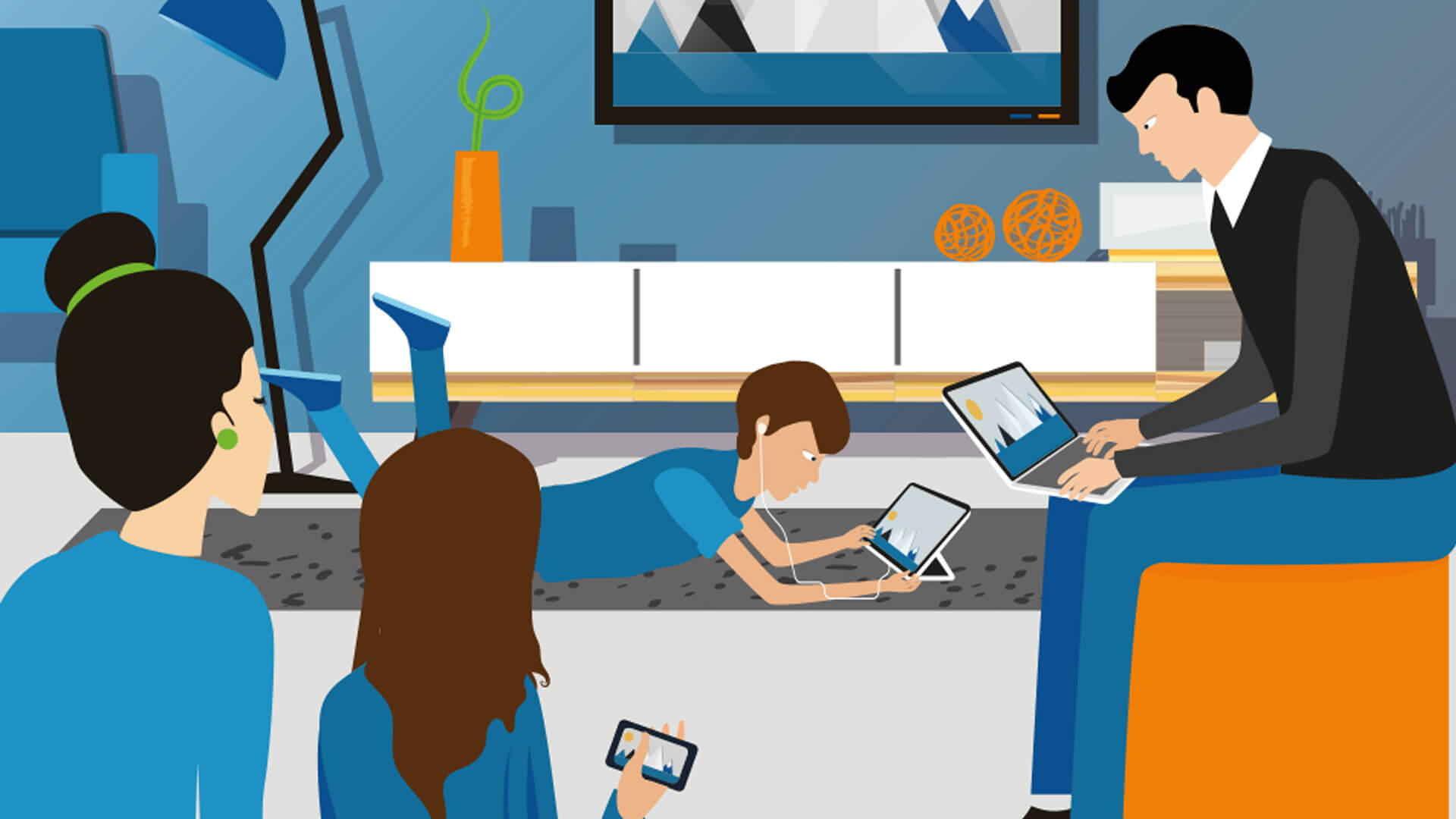
TV: habits are hard to break
Live video has become a strong trend in almost all media houses. But the future of TV and online video is much more diversified. We are going to get plenty to choose from, says Ehsan Fadakar, Head of Social Strategy in Schibsted Sweden.
It all started in social media and with a prediction from Facebook’s founder saying that live video is the future. Searching for answers in a challenging time and with a complicated future ahead, media houses quickly jumped on the live-train. But when looking at numbers, the trend doesn’t make much sense. All facts we have access to and how personalized, static feeds control the way we consume content clashes with the live trend.
Do I think live video is the future? No, not really and I hardly know one single person who would watch something other than sports and extreme news events live. But do I think live video will be a part of the future? Definitely. Gameification will revolutionize how we interact with live TV. There will be more reasons to consume live. But this is only one prediction.
The future of TV and online video is much more diversified and awesome than one can imagine. It’s a great time to be alive if you love well-directed television and can’t leave your smart phone behind. You’re going to get plenty to choose from. The question is what you really will prefer.
Will you go to the movies and put a VR device on or will you just pop the popcorn in your own kitchen and watch the latest blockbuster at home? Will television itself survive the individualization of VR helmets in your home? Are we really going to watch our favorite shows on a small smartphone screen? Or will I be able to watch Zlatan Ibrahimovic play for Manchester United through a thin camera lens in his own eyes? And will someone at last offer us a package deal for all our favorite shows, regardless if they are produced by Netflix, HBO or Hulu?
Looking at where we are today also gives you perspective: 85 percent of all video on Facebook are silent. If this is the future of news you might argue that text on images without sound looks a lot like the articles we write today.
HOW WE RELATE TO TECHNOLOGY
The possibilities and challenges will be endless and if a person tells you he or she is sure about the future, he or she is probably not telling the truth. TV, and how we consume it, is such an integral part of our society that it will take a really long time before we see the massive changes some are predicting. But we can agree on this: the future of TV is the future of our relationship with technology, all depending on how well and quickly we adapt to the new advances.
My guess is that things will move slowly because humans move slowly. We have habits that are hard to break. What we have seen in the past ten years since the smartphone revolution won’t happen as quickly again. Despite all the Iphones, Androids and the internet infrastructure becoming so much better in just a few years, many things haven’t changed at all. We still go to the movies, we still have cable and linear TV and we sure want to see the new episode of Game of Thrones “live” now, together with our friends at home in front of the big TV screen.
The shared experience holds back the technological advances. This moves TV in a different, individual direction. The personalized feeds are checked by our need not to be, or consume, alone. Yes, things are moving in different directions. But relax, the unengaged, inactive, simply-sitting-and-watching-a-show-on-TV-behavior is still number one by far.
The future might already be here, but sometimes we – as human beings – don’t feel the need to rush to get there. Some things will have to take their time. Some habits don’t break easily.